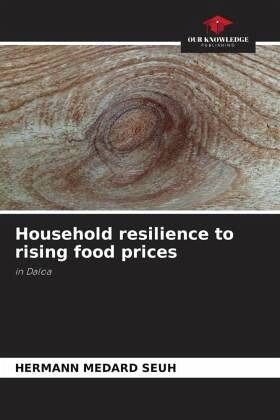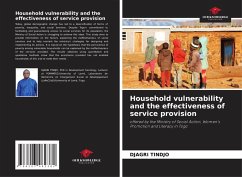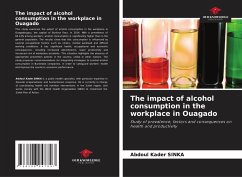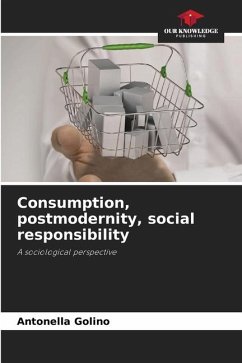
Household resilience to rising food prices
in Daloa
Versandkostenfrei!
Versandfertig in 6-10 Tagen
40,99 €
inkl. MwSt.

PAYBACK Punkte
20 °P sammeln!
Food insecurity is a central issue for urban areas in countries around the world. Household food insecurity is the result of a complex system of vulnerability factors, including food prices. Indeed, we found empirically that households have strategies for coping with rising prices. Therefore, this study aims to study the socio-economic adjustment strategies of households in the face of rising food prices in Daloa (central-western Côte d'Ivoire). It should be noted that rising prices reflect household perceptions, but they are a function of household purchasing power. As a result, households a...
Food insecurity is a central issue for urban areas in countries around the world. Household food insecurity is the result of a complex system of vulnerability factors, including food prices. Indeed, we found empirically that households have strategies for coping with rising prices. Therefore, this study aims to study the socio-economic adjustment strategies of households in the face of rising food prices in Daloa (central-western Côte d'Ivoire). It should be noted that rising prices reflect household perceptions, but they are a function of household purchasing power. As a result, households are readjusting upwards the share of the budget allocated to the purchase of food products. They then choose the mode and location of purchase on the basis of social relationships. In addition, the influence of prices on households is nutritional, with food dissatisfaction, and relational, with the undermining of intra-household relations.












